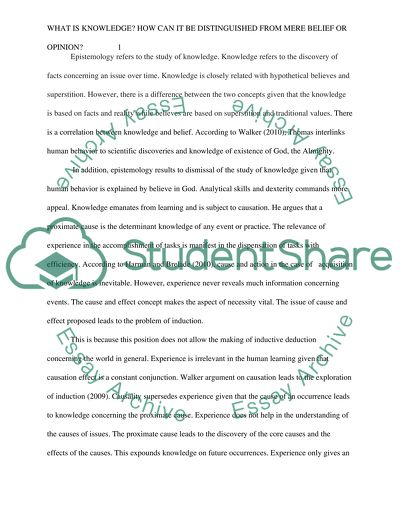Cite this document
(The Development of Purpose and the Character of a Person Essay Example | Topics and Well Written Essays - 1500 words, n.d.)
The Development of Purpose and the Character of a Person Essay Example | Topics and Well Written Essays - 1500 words. https://studentshare.org/philosophy/1642985-the-development-of-purpose-and-the-character-of-a-person
The Development of Purpose and the Character of a Person Essay Example | Topics and Well Written Essays - 1500 words. https://studentshare.org/philosophy/1642985-the-development-of-purpose-and-the-character-of-a-person
(The Development of Purpose and the Character of a Person Essay Example | Topics and Well Written Essays - 1500 Words)
The Development of Purpose and the Character of a Person Essay Example | Topics and Well Written Essays - 1500 Words. https://studentshare.org/philosophy/1642985-the-development-of-purpose-and-the-character-of-a-person.
The Development of Purpose and the Character of a Person Essay Example | Topics and Well Written Essays - 1500 Words. https://studentshare.org/philosophy/1642985-the-development-of-purpose-and-the-character-of-a-person.
“The Development of Purpose and the Character of a Person Essay Example | Topics and Well Written Essays - 1500 Words”. https://studentshare.org/philosophy/1642985-the-development-of-purpose-and-the-character-of-a-person.


